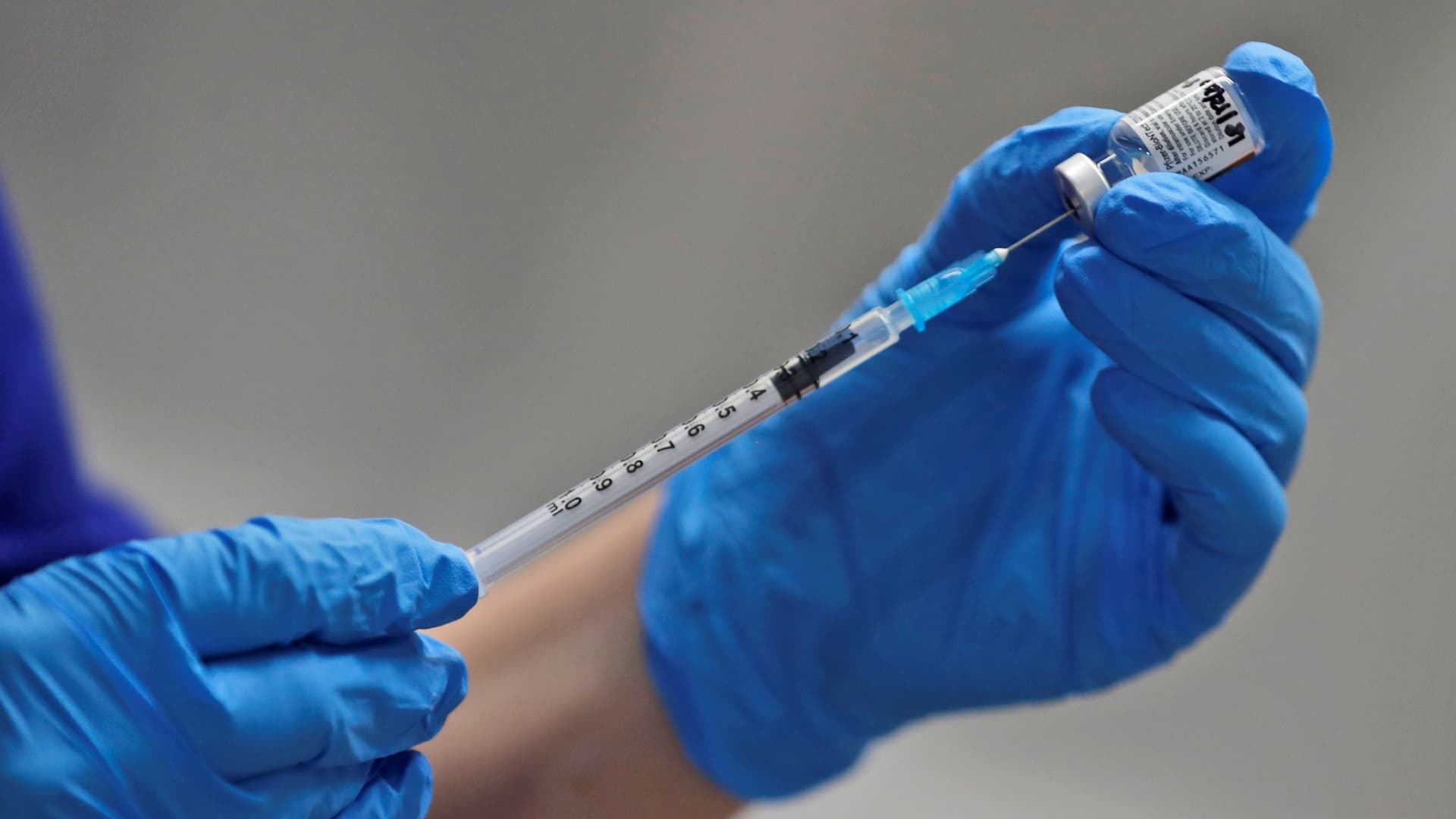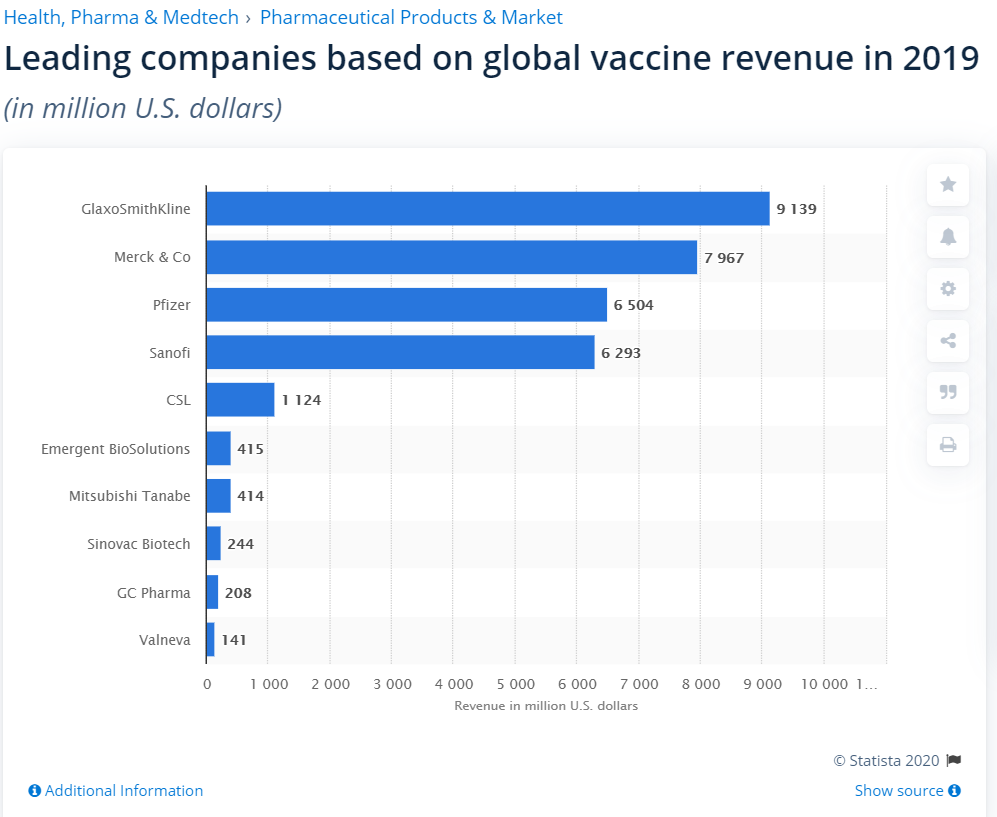Is it true what I read somewhere--it was a JAMA-affiliated website that this is the first commercial vaccine using mRNA technology? Is that correct, and if so, no reservations?Need to see the data on efficacy and safety on all of them to compare and we haven't seen all that yet. But if I could get one today, I'd get either mRNA vaccine in a heartbeat. But I'll have to wait 3-4 months and by then we'll have much more data.
This is a naive (perhaps dumb) question-- people who get vaccinated-- can they still be carriers and infect others?
Concern, is that there is very little (if any) commercial experience with mRNA vaccines.The Pfizer vaccine is safe and very effective. The side effect profile that I posted above is very clean. Assuming that the J&J vaccine has similar data, I would ask for that one just since it is only one shot. However, I'm not going to turn down the Pfizer vaccine just to wait for J&J.
Is the concern about mRNA is that the protection won't last as long as a normal vaccine?
I still believe a lot of this "pandemic" is hype, but it's time to end this crap. Everyone needs to get the vaccine ASAP.
I'm not anti-vax. I just got the shingles vaccine, and it kicked by ass both times. Another reason I may just wait for J&J single shot.
I have not heard anything yet, and not sure if volunteer first responders are counted as essential workers. If yes, I may wait for J&J if it is not available when the vaccines are offered.




